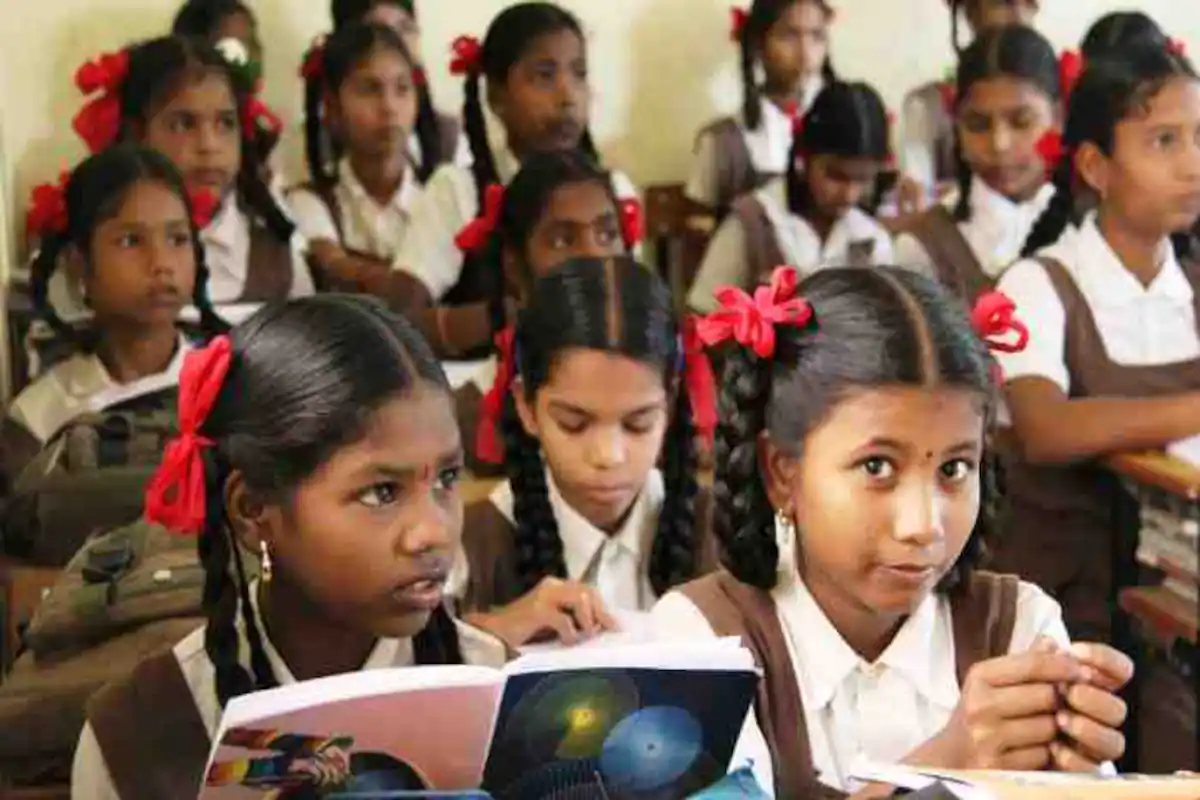Empowering Women and Girls through Economic Development
Empowering women and girls through economic development is crucial for achieving sustainable development and ending poverty. Women and girls are often disproportionately affected by poverty and lack of access to resources and opportunities. However, by providing women and girls with access to education, training, and economic opportunities, they can become powerful agents of change within their communities.
Economic empowerment enables women and girls to improve their own lives and the lives of their families. It also helps break the cycle of poverty by allowing women and girls to become financially independent and support their families. Additionally, when women and girls are economically empowered, they are more likely to invest in the education and health of their children, leading to more educated and healthier communities.
However, economic empowerment for women and girls is not just about providing access to resources and opportunities. It also involves challenging the societal norms and stereotypes that limit women and girls from fully participating in the economy. This includes addressing issues such as discrimination, violence, and lack of representation in leadership roles.
At ABGUS Charitable Trust, we believe that economic empowerment is a key component of sustainable development. That's why we work with communities to provide education, training and economic opportunities for women and girls. We also work to change the societal norms and stereotypes that limit the potential of women and girls. Together, we can empower women and girls to become agents of change within their communities, and build a more sustainable future for all.
In conclusion, empowering women and girls through economic development is crucial for achieving sustainable development and ending poverty. By providing women and girls with access to education, training and economic opportunities, and challenging societal norms, we can empower them to become powerful agents of change within their communities.







